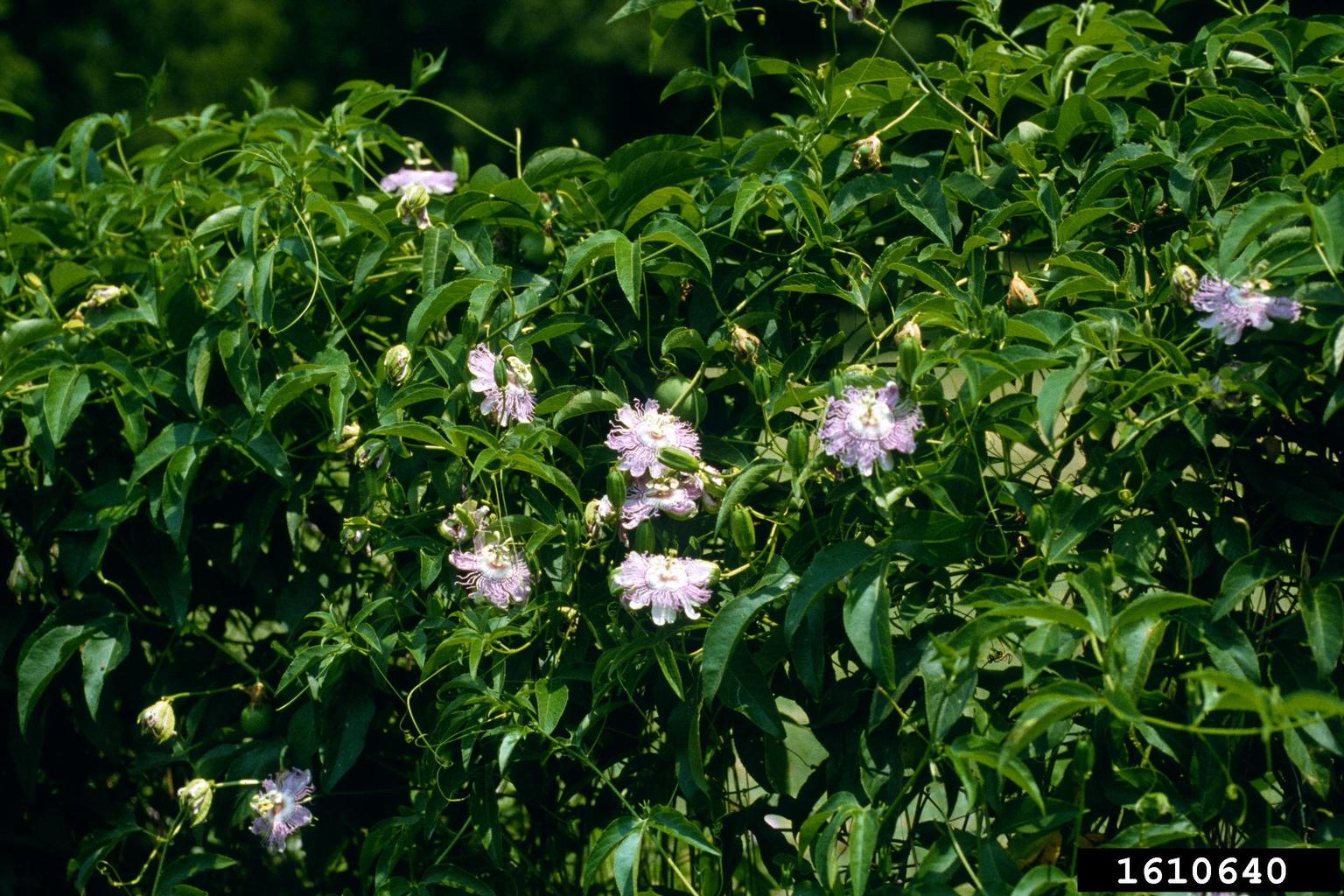Passion Flower (Passiflora spp.)
Original price was: ₹399.00.₹299.00Current price is: ₹299.00.
OVERVIEW
Here is a detailed guide on Passion Flower (Passiflora spp.) including all the required sections:
Passion Flower (Passiflora spp.) – A Comprehensive Guide
Local Indian Name: Krishna Kamal (कृष्ण कमल)
Scientific Name: Passiflora spp.
Family: Passifloraceae
Category and Subcategory: Climbing Perennial Vine, Ornamental & Medicinal Plant
Native Region: Tropical and subtropical regions of South America
Introduction
Passion flower (Passiflora spp.) is a fast-growing, climbing vine known for its strikingly beautiful flowers and medicinal properties. It is widely cultivated for ornamental purposes, fruit production (Passiflora edulis, known as passion fruit), and its use in herbal medicine. The plant is popular in India for its aesthetic appeal and therapeutic benefits, often found in gardens, fences, and trellises.
Importance & Benefits
Nutritional & Medicinal Benefits:
-
Used in traditional medicine for anxiety, insomnia, and stress relief.
-
Rich in antioxidants, flavonoids, and alkaloids with calming properties.
-
Some species (Passiflora edulis) produce passion fruit, a vitamin C-rich edible fruit.
Economic & Environmental Importance:
-
Widely used in pharmaceuticals and herbal teas.
-
Acts as a pollinator-friendly plant, attracting bees and butterflies.
-
Passion fruit farming has a high commercial value due to demand in the food and beverage industry.
Description and Cultivation
Passion flower is a vigorous, woody, or herbaceous vine with tendrils, lobed leaves, and intricate flowers that come in shades of purple, blue, white, or red, depending on the species. The plant is known for its showy petals, radial filaments, and complex floral structures. Some species bear edible fruit, commonly known as passion fruit.
Varieties and Cultivars
-
Passiflora edulis – Produces edible passion fruit.
-
Passiflora incarnata – Used for medicinal purposes.
-
Passiflora caerulea – Grown as an ornamental vine.
-
Passiflora foetida – Wild passion flower with sticky hairs.
Location and Light
-
Requires full sunlight for at least 6-8 hours daily.
-
Can be grown in open fields, balconies, terraces, or garden trellises.
Soil Preparation
-
Prefers well-drained, fertile, loamy soil.
-
Ideal pH range: 6.0-7.5.
-
Enrich soil with organic compost and cow dung manure.
Planting
-
Season: Best planted during monsoon (June-September) or spring (February-March).
-
Spacing: 2-3 meters between plants for proper vine growth.
-
Support System: Requires trellis, fencing, or poles for climbing.
Watering
-
Regular watering is essential, especially during dry periods.
-
Avoid waterlogging; excess moisture can cause root rot.
-
Water 2-3 times a week in hot seasons and reduce in winter.
Pruning
-
Trim back excessive growth to shape the plant and encourage flowering.
-
Remove dead or weak stems to improve air circulation.
-
Best pruned before the growing season (spring or monsoon).
Pest and Disease Management
Common Pests:
-
Aphids
-
Spider mites
-
Caterpillars
Common Diseases:
-
Leaf spot
-
Root rot
-
Fusarium wilt
Control Measures:
-
Use neem oil or organic pesticides for pest control.
-
Avoid overwatering to prevent fungal infections.
-
Ensure proper spacing to reduce disease spread.
Environmental Conditions
-
Temperature: Thrives in 15°C - 30°C.
-
Humidity: Prefers moderate humidity levels.
-
Rainfall: Requires 1000-1500 mm annually for optimal growth.
Propagation
-
Seed Propagation: Takes longer, but widely used.
-
Stem Cuttings: The fastest and most common method.
-
Grafting: Used for commercial production to ensure quality fruits.
Uses
-
Ornamental: Grown in gardens for its unique and exotic flowers.
-
Medicinal: Used in herbal teas and natural remedies for stress, anxiety, and sleep disorders.
-
Edible Fruits: Some species produce passion fruit, which is used in juices, jams, and desserts.
-
Pharmaceutical Industry: Extracts used in herbal supplements and sedative medicines.
Monetary Benefits
-
Yield: Passion fruit vines can produce 30-50 kg per plant annually.
-
Market Price: Passion fruit sells for ₹100-250 per kg, depending on quality and demand.
-
Profitability: Commercial cultivation can yield profits of ₹1.5-2 lakh per acre per year.
References
RELATED PRODUCTS
REVIEWS





Reviews
There are no reviews yet.